Episodes
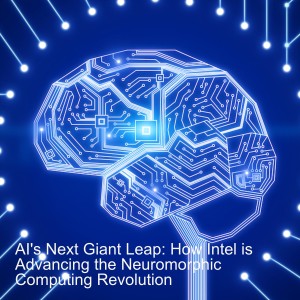
Friday Oct 01, 2021
Friday Oct 01, 2021
In today’s Fish Fry podcast, Mike Davies (Intel) joins me to investigate the past, present, and future of neuromorphic computing. Mike and I discuss how neuromorphic computing will usher in a new age of artificial intelligence, the details of Intel’s Loihi 2 neuromorphic chip, and why Intel’s Lava open-source software framework is crucial to the success of this new neuromorphic computing revolution.
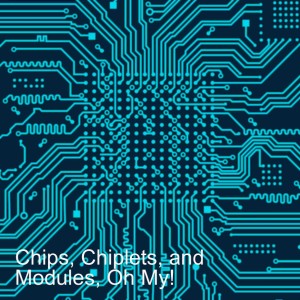
Friday Sep 24, 2021
Chips, Chiplets, and Modules, Oh My!
Friday Sep 24, 2021
Friday Sep 24, 2021
In this week’s Fish Fry podcast, we’ve got an interview double header! First up, Peggy Carrieres (Avnet) joins me to discuss the electronic supply shortages we are experiencing today and why she believes constraint drives innovation. Next, Rob Mains (CHIPS Alliance) joins me to discuss how CHIPS Alliance is collaborating with a variety of different companies and universities to create a chip design ecosystem and the details of their unified memory standard developed with RISC-V international.
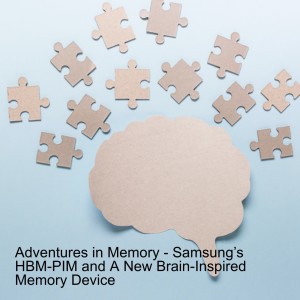
Friday Sep 17, 2021
Friday Sep 17, 2021
In this week’s Fish Fry podcast, Nam Sung Kim (Senior Vice President of Samsung’s Memory Business Unit) joins me to discuss why he believes our computing architectures must evolve to meet the needs of artificial intelligence and machine learning applications and how breaking the traditional Von Neumann processor-memory boundary could be disruptive to both the hardware and software sides of our industry, and the details of Samsung’s new HBM Processing-In Memory. Also this week, I investigate a new brain-inspired memory device developed by the University of Singapore and why this new novel molecular memristor could represent a significant breakthrough in our quest to design low-energy computing.

Friday Sep 10, 2021
Friday Sep 10, 2021
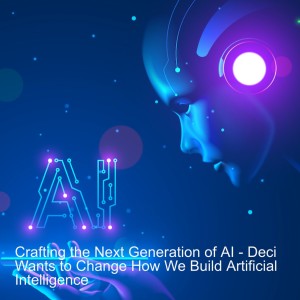
Friday Aug 27, 2021
Friday Aug 27, 2021
It’s Friday and we’re taking a deep dive into the world of artificial intelligence! Yonatan Geifman (Co-founder and CEO - Deci) joins me this week to discuss how we can use AI itself to craft the next generation of AI. We also chat about how developers can streamline artificial intelligence development and where AI is headed in the next couple years and decades to come. Also this week, I take a closer look at new research from an international group of researchers that aims to answer the question: What if photonics can help us better recognize patterns for machine learning?
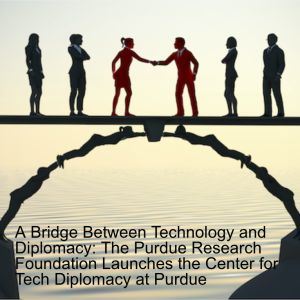
Friday Aug 20, 2021
Friday Aug 20, 2021
In this episode of Fish Fry, I am happy to announce that Mung Chiang (EVP and Dean of Engineering College at Purdue University) is joining me to discuss the new Center for Tech Diplomacy at Purdue University. Mung and I discuss the multi-layered connection between technology and freedom and how this new tech tank will build a bridge between the worlds of technology and diplomacy. Also this week, I check out new research from the National Institutes for Quantum and Radiological Science and Technology in Japan that may have cracked the code of benefit and cost-based motivation (Spoiler alert: It involves manipulating the dopamine receptors of macaque monkeys!).
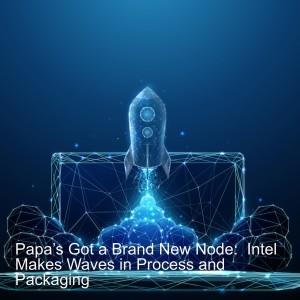
Friday Aug 13, 2021
Papa’s Got a Brand New Node: Intel Makes Waves in Process and Packaging
Friday Aug 13, 2021
Friday Aug 13, 2021
On your mark. Get set. Let’s fry some fish! In this week’s podcast, I chat with Sanjay Natarajan (Senior Vice President and Co-General Manager, Logic Technology Development at Intel) about what the roadmaps for Intel’s process and packaging technologies looks like, the motivations behind Intel’s move to a new node naming convention, and what Sanjay believes will be the key factors that will drive the continuation and success of Moore’s Law. Also this week, I check out how new research from the University of Tsukuba is improving the possibility of launching rockets using a high-power beam of microwave radiation.
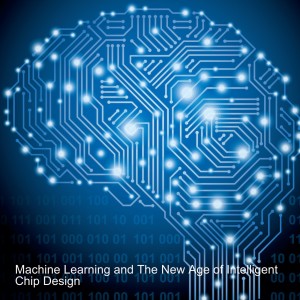
Friday Jul 30, 2021
Machine Learning and The New Age of Intelligent Chip Design
Friday Jul 30, 2021
Friday Jul 30, 2021
Machine learning is once again taking center stage in this week’s Fish Fry podcast! Rod Metcalfe (Cadence Design Systems) joins me to discuss the role of machine learning in the future of chip design, why implementation teams are having a hard time keeping up with today’s advanced node designs, and how advancements in computer science are helping usher in a new age of intelligent chip design. I also take a closer look at how a team of researchers is using machine learning to help us more accurately predict how new materials deform, fail and even transfer heat at the atomic scale.
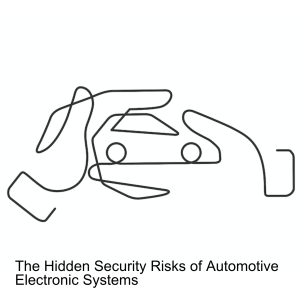
Friday Jul 23, 2021
The Hidden Security Risks of Automotive Electronic Systems
Friday Jul 23, 2021
Friday Jul 23, 2021
What comes to mind when you think of an automotive energy source? I’m guessing of all the things you could possibly imagine tamarind shells wouldn’t be one of them… but maybe they should be. To start things off in this week’s Fish Fry podcast, I take a closer look at a new multi-national research study that could pave ways to supply energy to cars. (Spoiler Alert: It involves creating carbon nanosheets from tamarind shells!) Keeping with our vehiclular theme, Adrian Cosoroaba (Windbond) joins me to discuss the hidden security risks of automotive electronic systems.
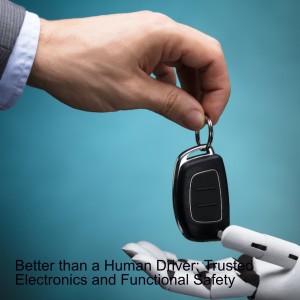
Friday Jul 16, 2021
Better than a Human Driver: Trusted Electronics and Functional Safety
Friday Jul 16, 2021
Friday Jul 16, 2021
In today’s Fish Fry podcast, we have a virtual sundae of electronic engineering goodness. We've got a scoop of autonomous driving, a scoop of IIoT, a little Infineon secret sauce, and a whole lot of sprinkles… because what good is a sundae without sprinkles, right? First up, Phil Hutchinson (element14) joins me to discuss element14’s “Low Power IoT Design Challenge with Infineon Technology”. We take a closer look at the details of this contest including the motivations behind its creation and why collaboration is a crucial component with this design challenge. Next up, Bill Stewart (Infineon) joins me to chat about the role trusted electronics play in the realm of automotive design and what he thinks it will take to make autonomous vehicle technology more widespread.

